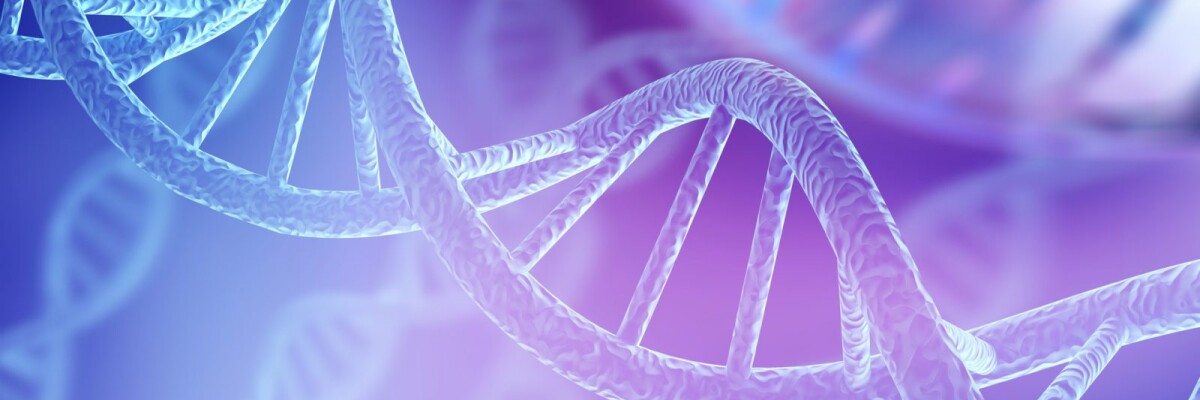There is a huge gap between artificial and living organisms, but the world is steadfastly moving towards its narrowing. We may even see self-replicating robots in future. Anyway, a step in this direction has already been made.
Researchers from Cornell University have created a biological material that boasts self-organisation, development and metabolism — the key traits of a living organism. All these processes do not require any human participation taking place completely independently.
Conventional DNA was the key to the innovation as the material was created following the principles that work in nature. Scientists introduce the necessary information, and the material gets some life-like properties. Of course, they will not turn the robot into a full-fledged organism and actually it is not what the scientists strive for: they seek to replicate some natural processes in robotics, for example, create a robot that can develop without outside help, react to external stimuli, or independently search for food.
Share this with your friends!





Be the first to comment
Please log in to comment